Madagascan women provided with environmental know-how
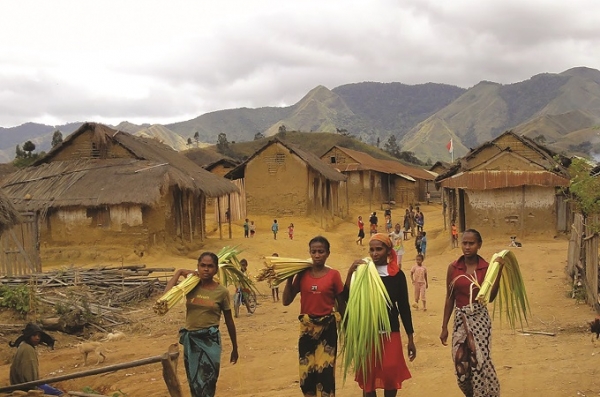
Women’s associations were trained by the ITC on climate-change adaptation and improved sustainability practices regarding raffia palms
Women’s associations were trained by the ITC on climate-change adaptation and improved sustainability practices regarding raffia palms
The International Trade Centre (ITC) is working with the Wildlife Conservation Society (WCS) in areas surrounding the WCS-managed Makira National Park in Madagascar, one of the country’s largest remaining mid-elevation tropical forests. They train women in climate-change adaptation and climate-smart raffia palm harvesting and processing techniques as well as organizational management. Their target is to build climate resilience, improve sustainability practices and raise incomes in Madagascan communities reliant on raffia for their livelihoods (fibres from raffia palms have long been used for making traditional handcrafts, clothing, bags etc.). In a country where two-thirds of the population is living in rural areas and with more than 40 protected areas accounting for around 2 million hectares of land, natural resources play a very important role to these people. However, the women’s cooperatives that typically process raffia and pass it on to traders have not yet taken full advantage of them, as raffia crops have been influenced by deforestation and climate change. ITC aims to empower rural women with environmental knowledge and market intelligence, in order to obtain a voice in community-based natural resource management. This way, they could source, manage and trade their produce locally and internationally, thus generating additional income for their communities and improving their livelihoods.
In 2015, around 200 women from six women’s associations in the Makira area were trained on raffia harvesting, sorting, drying, tanning, quality improvements, product design and planting. The workshops were organized by ITC and WCS, aiming to promote exports of sustainable natural resources and ensure long-term profitability, while conserving biodiversity. ‘During the training, we learnt a lot about raffia and we are now crafting better quality items,’ said Florine Zafijery, a member of one of the associations benefitting from the project. As a result of the workshops, women learned more sustainable techniques of raffia sourcing, such as to source the leaves only during the dry season. They were also trained in reforestation techniques to ensure long-term raffia sustainability.
Another important parameter is that ITC will create a network of potential raffia purchasers, and together with the WCS, the institution will help the associations enhance their legal status so they can more easily strike contracts with international buyers. ITC will furthermore assist the associations to gain increased visibility in the raffia value chain (the Blue Number initiative).
Source: International Trade Forum
Source: International Trade Forum
Want to read more like this story?
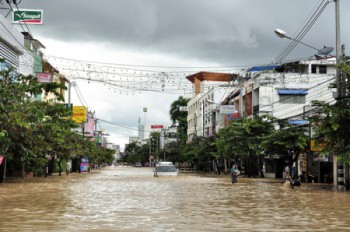
European cities and climate change: Their adaptation is a necessity in order to survive
Jul, 18, 2016 | NewsA new report from the European Environment Agency (EEA) shows the benefits of investing in long-term...

How climate change has affected real estate business
Nov, 11, 2019 | NewsClimate change is a phenomenon that leads to sea water-level rise affecting the coastal areas. But h...
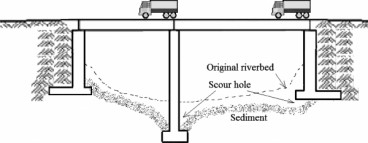
How climate change is affecting the safety of bridges
Oct, 15, 2019 | NewsA new study, recently published in the American Society of Civil Engineers (ASCE) Jou...
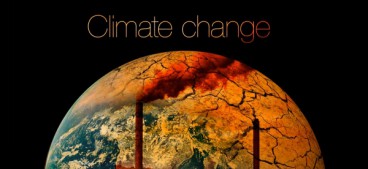
Nations producing fewer greenhouse gases seem most vulnerable to climate change
Apr, 07, 2016 | NewsConversely, the biggest emitters are the least affected, according to new study Conversely, the b...
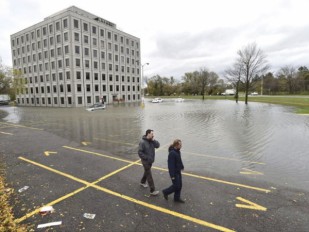
Canada changes its building code to tackle climate change
Apr, 15, 2019 | NewsCanada's building code is heading towards environmental sustainability. The new regulations will be...

Cities to live in to escape climate change
Nov, 11, 2016 | NewsA list of the most climate change-adaptive cities in North America A list of the most climate cha...
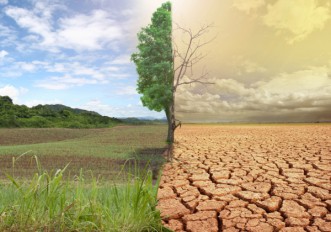
Climate change could cause over 500,000 extra deaths in 2050
Apr, 04, 2016 | NewsHealth impacts due to changes in agricultural production are currently examined Health impacts du...
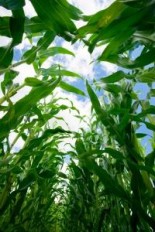
Hydrologic Cycle in the Balance for Midwest US
May, 20, 2015 | NewsA new study from Dartmouth College suggests that the fate of the climate during the summer growing s...

The 'urban heat island' effect could force several major cities to face climate change costs at least twice as big as the rest of the world
Oct, 10, 2017 | NewsSome of the world’s largest cities could face temperatures up to 8°C higher than those of...
Trending
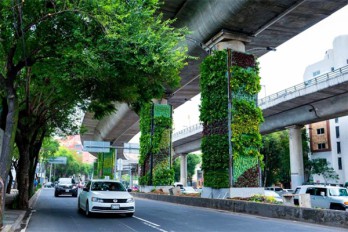
Vertical gardens in Mexico City to combat pollution
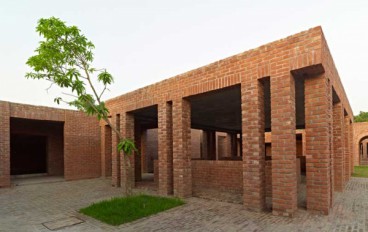
Characteristics of Load Bearing Masonry Construction

Taipei 101’s impressive tuned mass damper
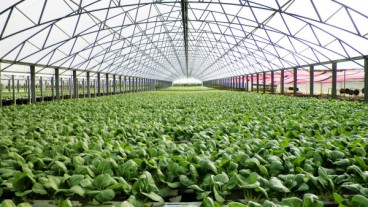
Dutch greenhouses have revolutionized modern farming

The Line at Neom faces feasibility reassessment while construction continues

The Line at Neom faces feasibility reassessment while construction continues

King Salman Gate unveiled adjacent to Mecca’s Grand Mosque

